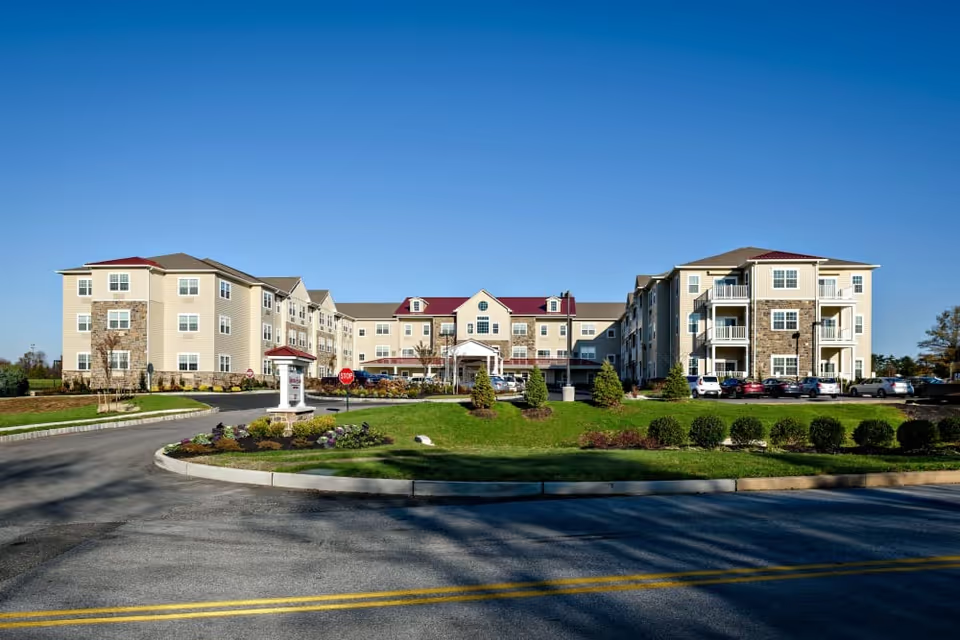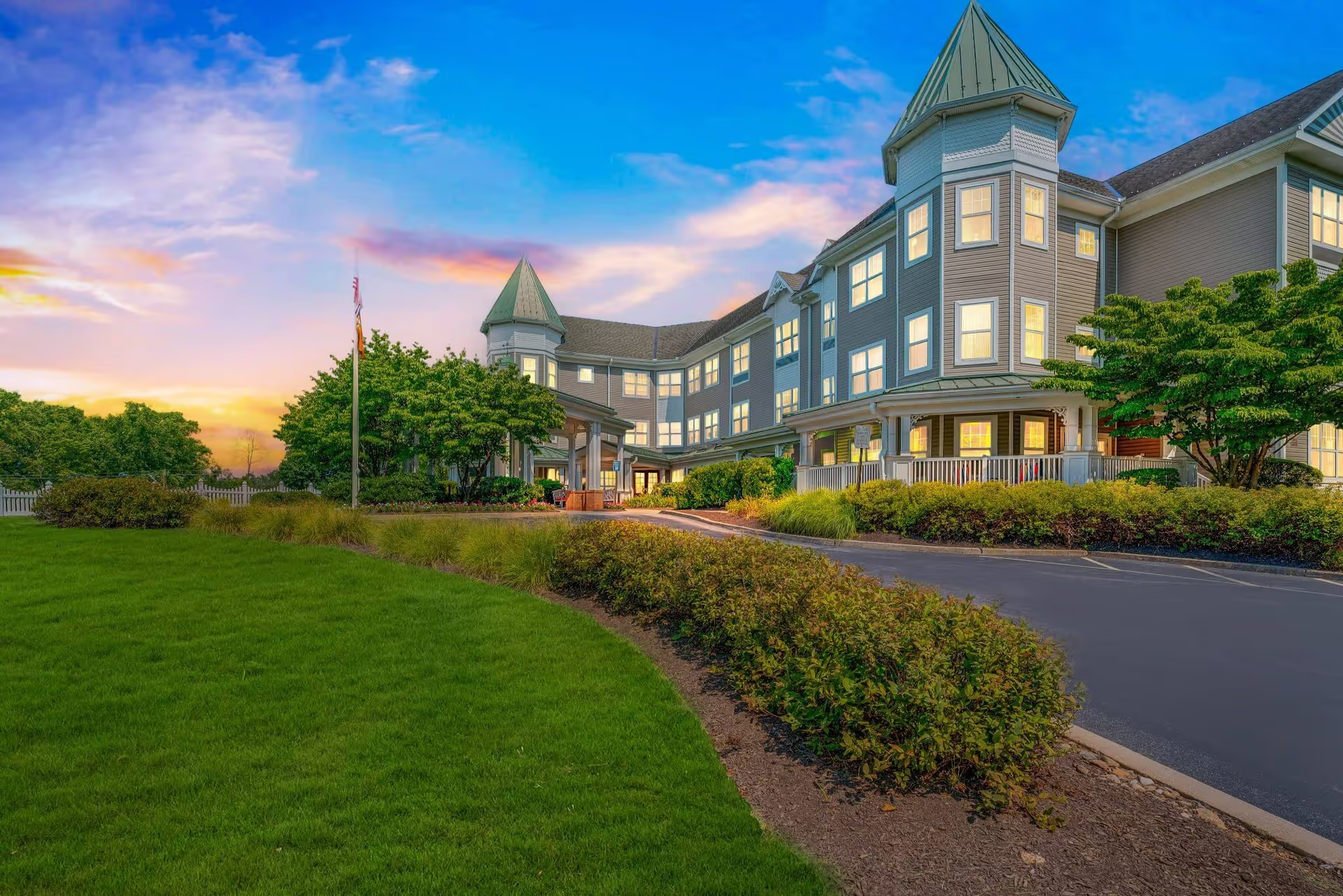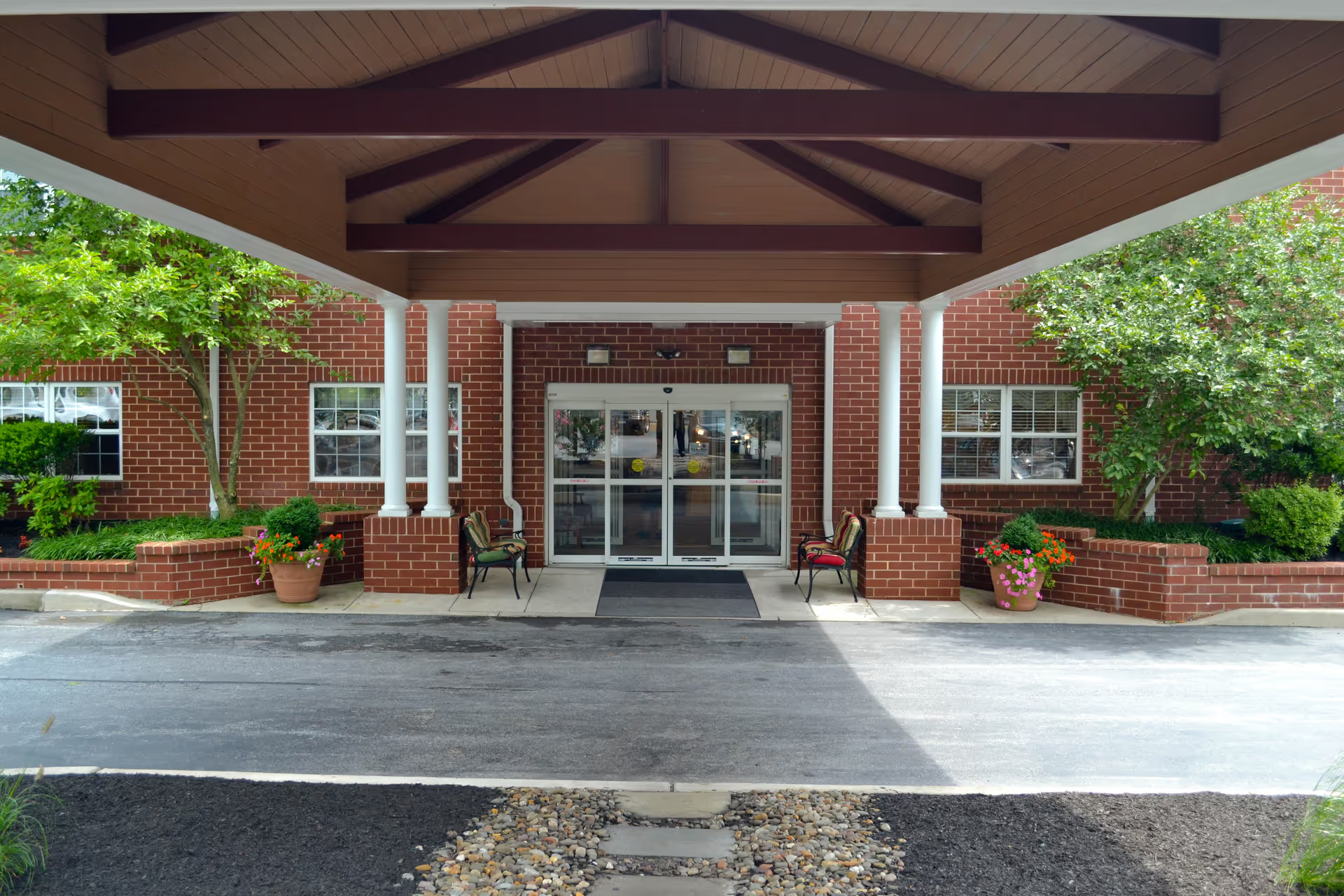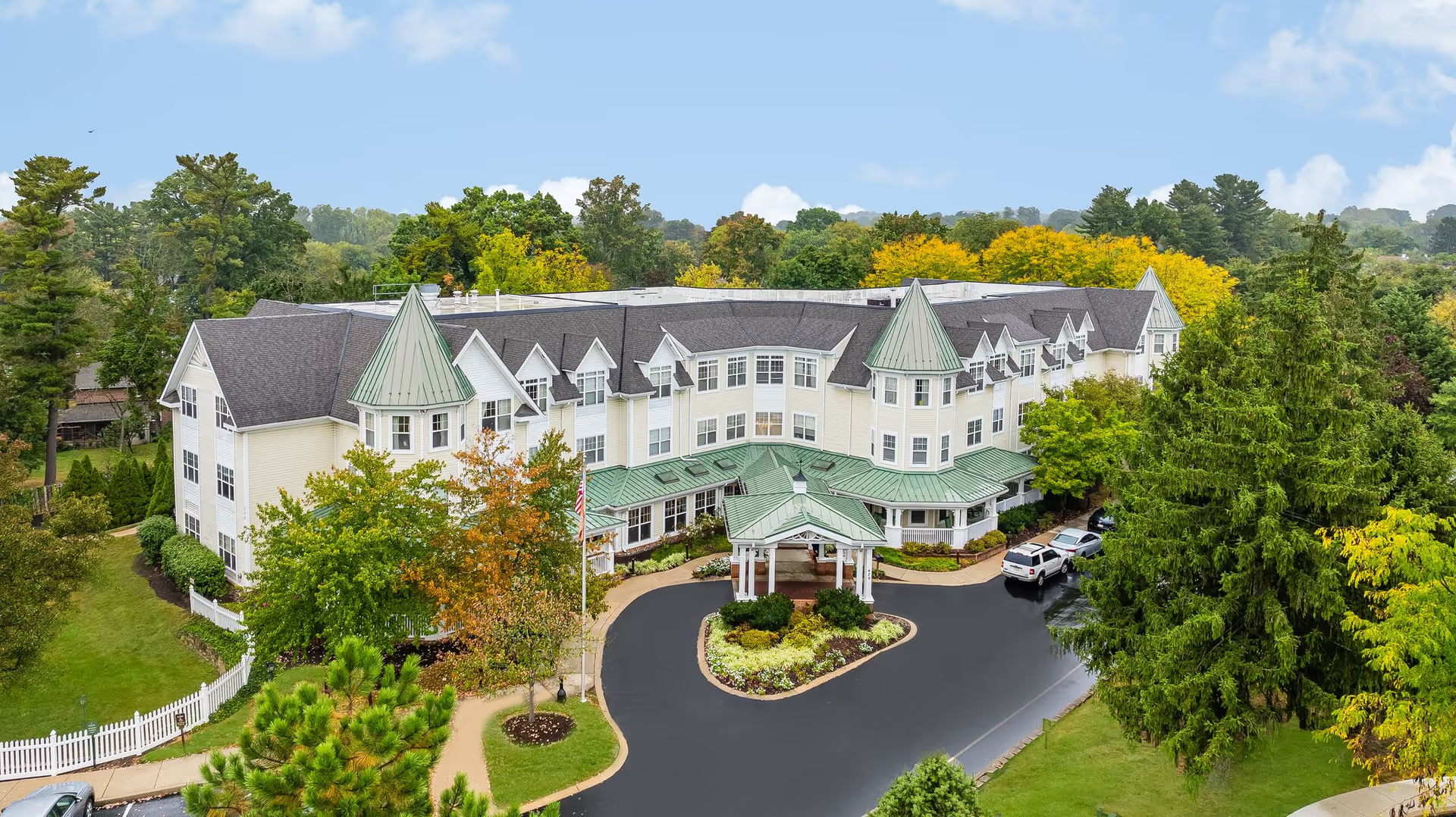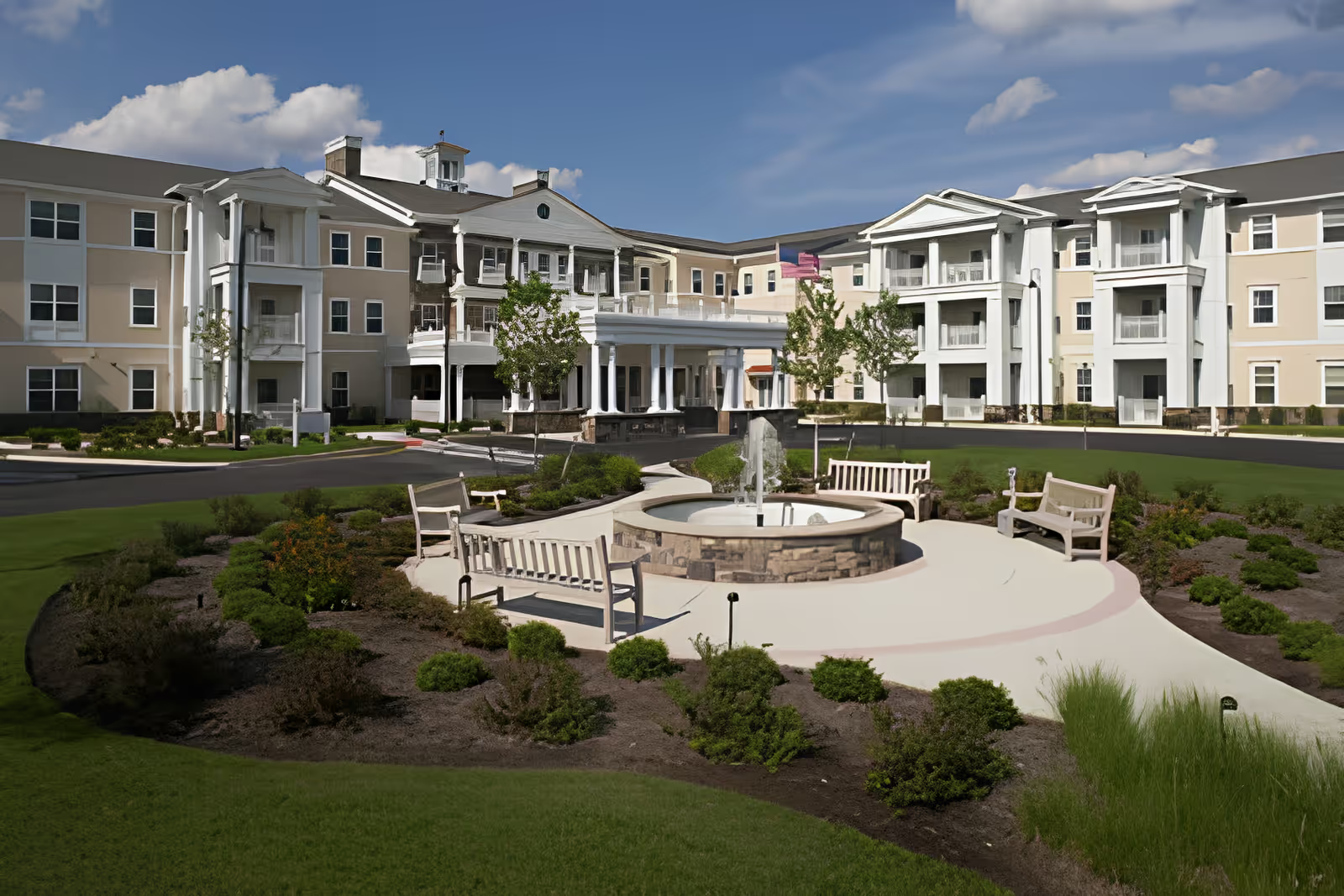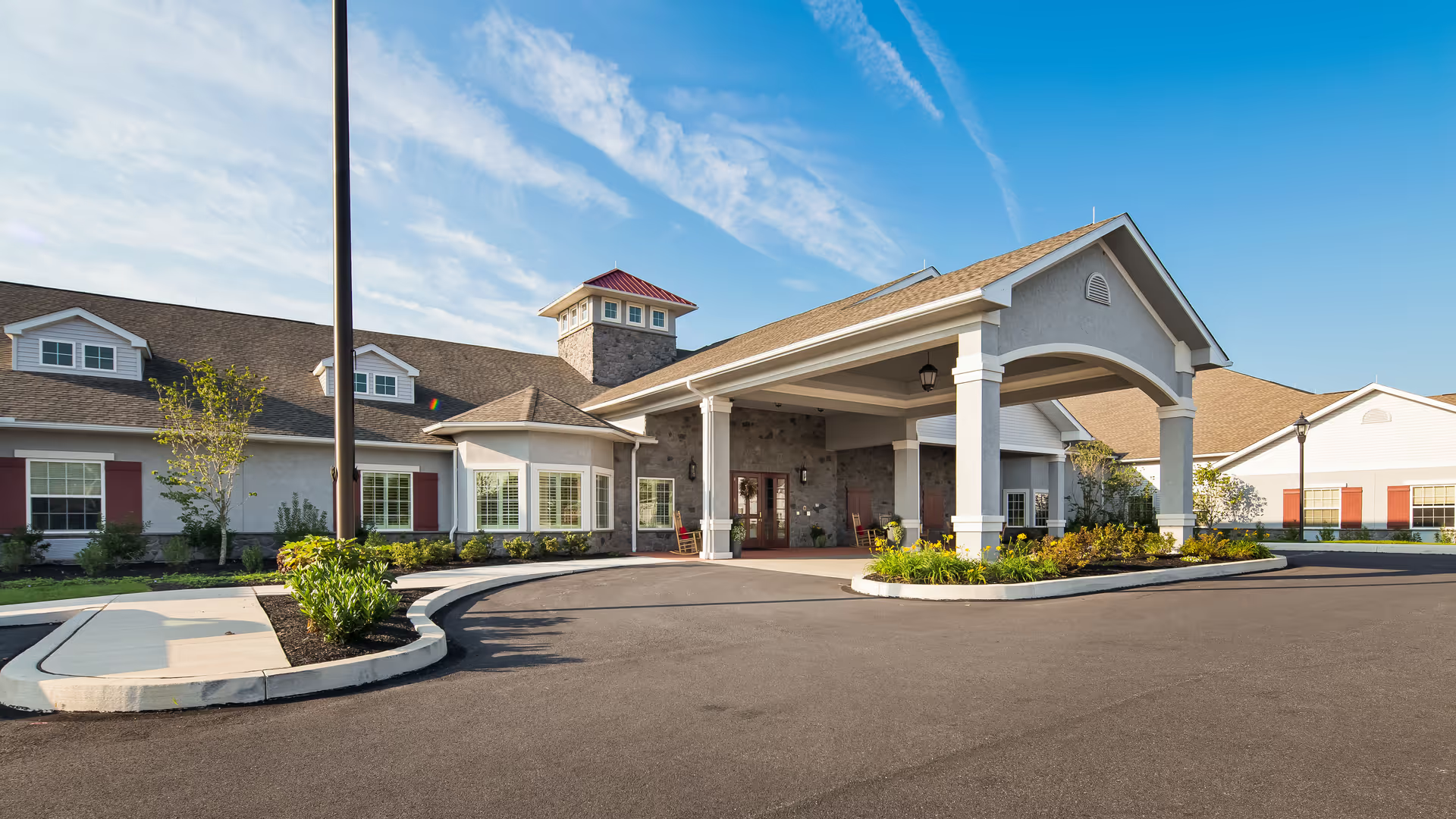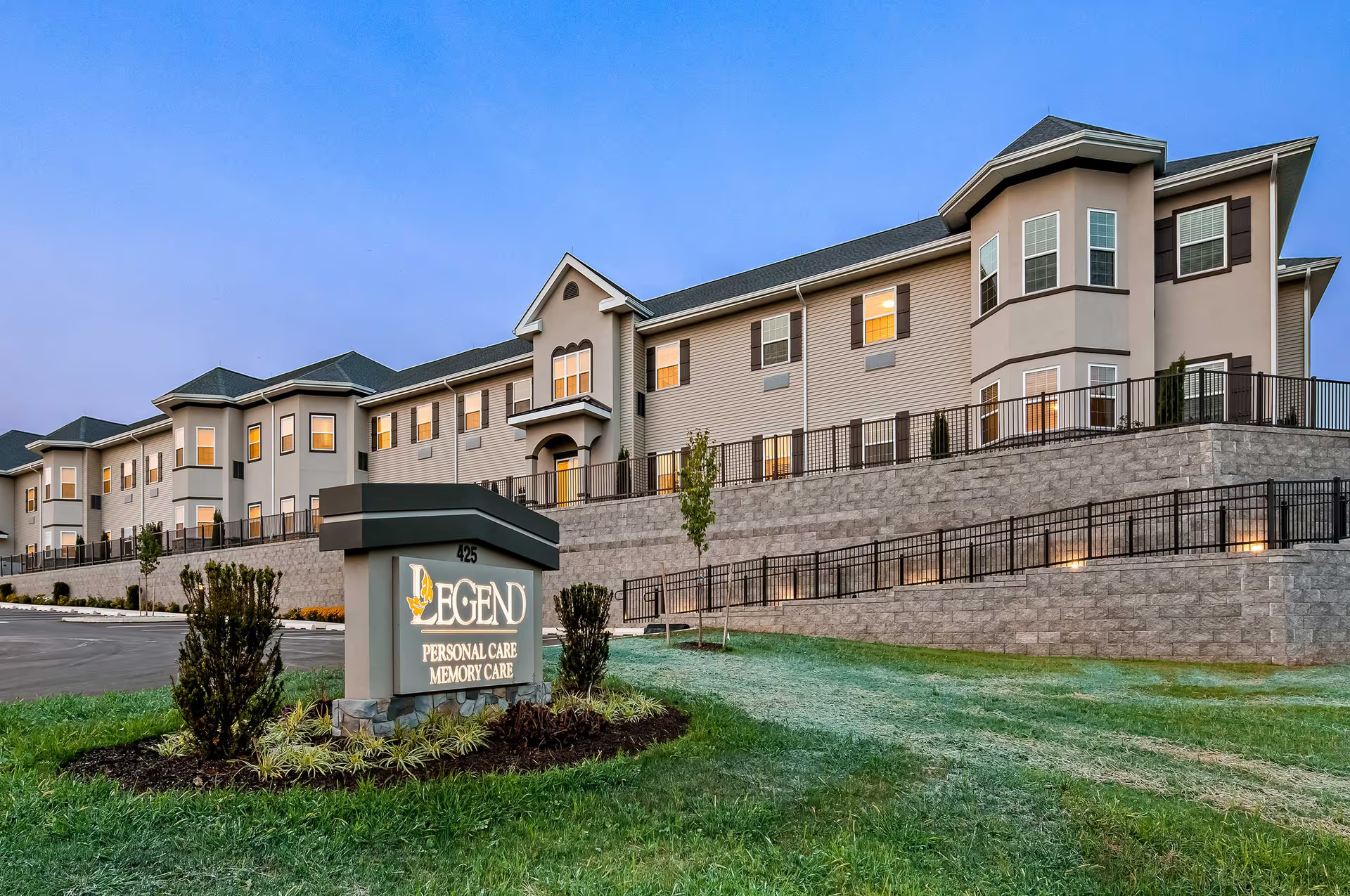Overall impression Sunrise of Wilmington generates strongly mixed but frequently positive impressions. Across the many reviews, the property itself is consistently praised: reviewers describe a bright, modern, well-kept facility with attractive landscaping, plentiful common spaces (wrap-around porches, private dining rooms, many party rooms), and a neighborhood-like layout that reduces an institutional feel. Cleanliness and a cheerful atmosphere are repeatedly noted, as are the variety and frequency of activities, outings, concerts, and themed events that keep residents engaged. Many families highlight a caring, warm culture where staff take time to know residents, go beyond duties (helping with appointments, providing hospice support), and deliver a family-like environment.
Care quality and memory care A strong theme is excellent dementia/memory-care programming and staff who are knowledgeable about Alzheimer’s care, sundowning strategies, and individualized engagement. Several reviewers singled out particular memory-care leaders and teams (e.g., “Michelle” and the Reminiscence team) as critical to a positive experience, noting attentive, respectful, and dignified care. For many residents who need help with activities of daily living but not intensive medical management, Sunrise is described as an excellent fit—there are numerous accounts of around-the-clock caregivers, consistent care teams, and small-community benefits (resident familiarity, long-tenured staff). On-site rehab, salon services, and social programs further contribute to perceived quality of life.
Staffing, responsiveness, and variability Despite these strong positives, a recurring and significant concern is inconsistent staffing and variability in staff performance. Multiple reviewers reported understaffing, long wait times for assistance, poor call-button response, and differences between shifts or units in the attentiveness and training of caregivers. Some families experienced excellent, proactive management and nurses who responded promptly; others described inattentive or poorly trained staff, missed medications, and even neglect incidents (including an oxygen tubing safety concern). This variability strongly colors overall sentiment—many reviews are effusive when staffing is reliable but alarmed when clinical or responsiveness gaps appear.
Dining and activities Dining is a mixed but prominent theme. Numerous reviewers praise the dining room experience: attractive, hotel-like dining, excellent wait staff, and accommodating service for special diets. Many residents enjoy the food, special meals (e.g., Thanksgiving), and the social nature of dining. However, other reviewers complain of declining meal quality, bland or overly spicy dishes, crunchy rice, and menu dissatisfaction over time. Activities are an overall strength—there is a wide array (crafts, bingo, Tai Chi, outings, piano time, ice cream socials)—but some families note that posted activities are occasionally cancelled, repetitive, or not executed as advertised. In short, the social program is extensive and often excellent, but execution can be inconsistent.
Operations, contracts, and billing Operational and administrative issues appear repeatedly. Several reviewers reported frustrating billing errors, duplicate charges, or ongoing “supplies” fees and other add-on costs. Move-in fees and contractual terms drew criticism as deceptive or nonrefundable in some cases; families urged caution and careful review of contracts. Communication lapses—unanswered letters, phone calls, or slow director responses—were cited alongside more severe allegations such as leadership instability, frequent administrator turnover, and claims that eviction notices have been used to silence feedback. These administrative problems, when they occur, significantly undermine trust even among families who otherwise praise the staff and community.
Safety, medical limits, and suitability A clear pattern is that Sunrise of Wilmington is best suited to residents who need assistance with daily living and memory-care support rather than residents requiring skilled nursing, complex medical management, or non-ambulatory care. Multiple reports said the community could not meet higher-level medical needs (no skilled nursing, facility doctor limited in scope, psychiatric medication issues), and some residents had to move out when needs exceeded what staff could provide. Families with medically complex loved ones should verify clinical staffing, nurse availability, and the community’s ability to handle specific medical conditions before moving in.
Polarized experiences and recommendations Reviews are polarized: many families describe Sunrise as an outstanding choice—compassionate staff, great programming, clean attractive spaces, and improved resident quality of life—while another cohort reports enough operational and clinical issues (staffing, billing, call-response, neglect, contractual disputes) to consider the community a poor fit. This split suggests that experience at Sunrise of Wilmington is highly dependent on unit/staffing stability, leadership on site at particular times, and alignment between a resident’s needs and the community’s service model.
Practical advice for prospective families Based on recurring themes, prospective residents and families should: (1) do multiple visits at different times/days (meals, evening shifts) to observe staffing and activity delivery; (2) review contract terms closely for move-in fees, refundability, and add-on charges; (3) ask detailed questions about nurse/physician coverage, medication management, and the process for handling clinical issues; (4) verify laundry processes and ask how lost/mixed clothing is prevented; (5) check call-button response times and see if family complaints are documented/resolved; and (6) identify the specific memory-care staff and leadership who will manage care (and ask about turnover rates).
Bottom line Sunrise of Wilmington offers many real strengths—beautiful and clean facilities, varied activities, strong memory-care programming in many cases, and countless reports of genuinely caring staff. However, those positives coexist with recurring operational concerns (staffing variability, billing/contract disputes, inconsistent clinical responsiveness) that make experiences highly variable. The community appears to be an excellent fit for socially engaged residents who need assistance but not intensive medical care; families of residents with complex clinical needs or those who are especially price-sensitive should perform additional due diligence and document expectations in writing before committing.

